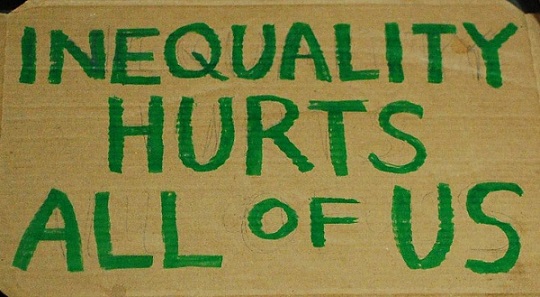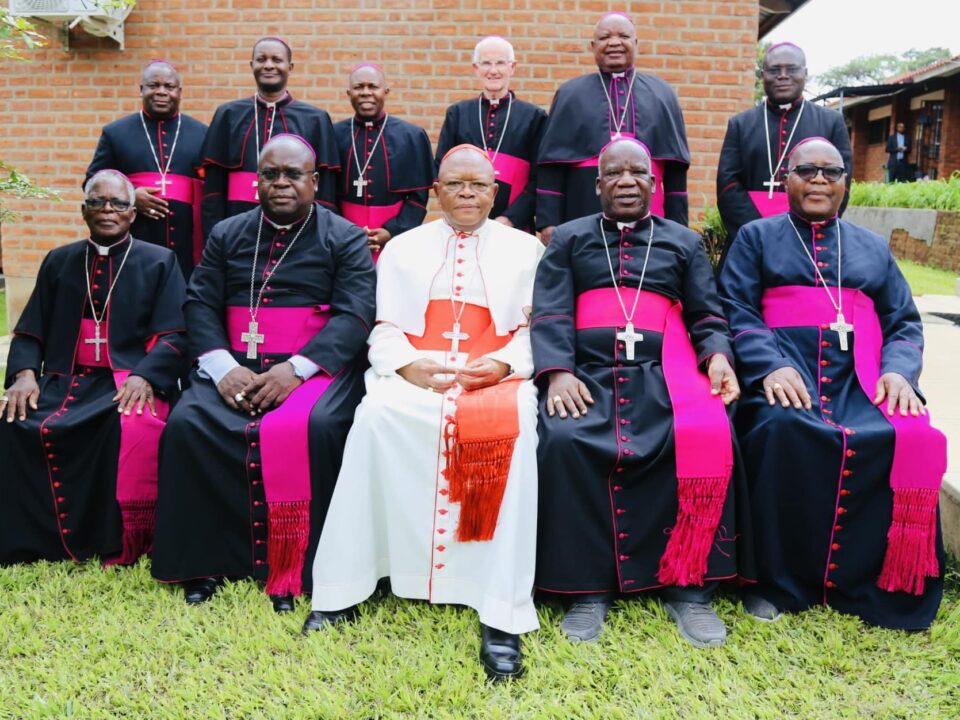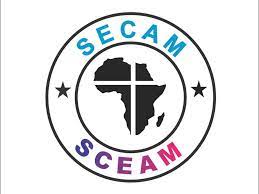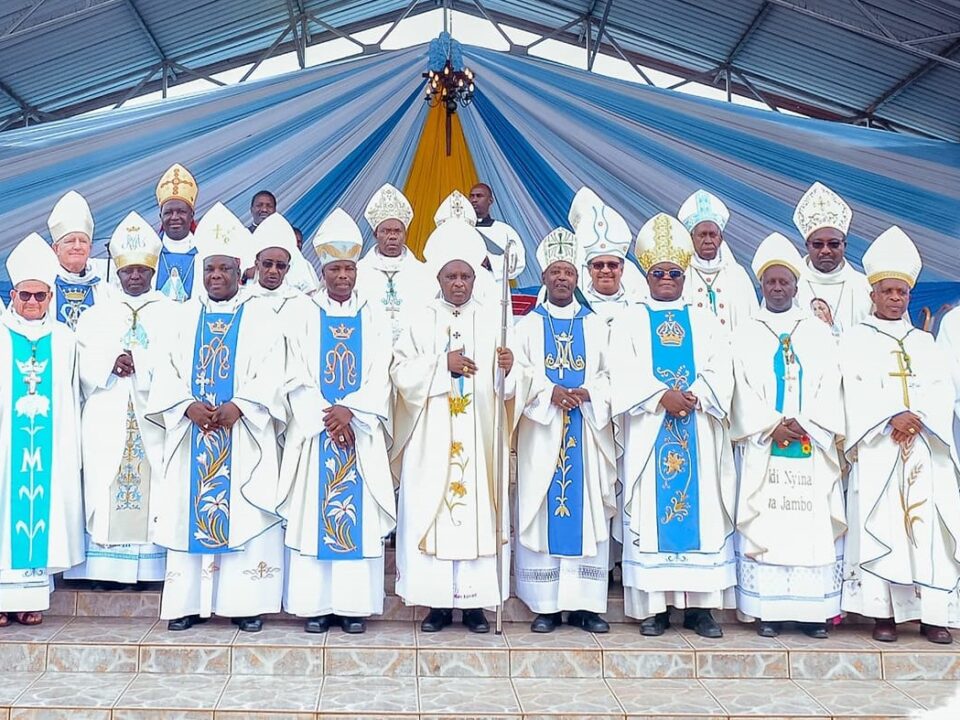- Contact us on - Contactez-nous sur - Contacte-nos em
- +233-30-277-8867/8
- +233-30-277-2548
- secam@secam.org
Calling the Church out on its Inequality
Calling the Church out on its Inequality
Spotlight.Africa || By Fikile-Ntsikelelo Moya || 20 July 2018
 Sadly, the Equality Report produced by the South African Human Rights Commission in South Africa makes for dismal reading and calls on all of us to play our role in creating a more equitable and just society. Here, Fikile-Ntsikelelo Moya calls the Church to its own ‘mea culpa’ in bringing inequality when it comes to one of society’s most basic needs – education.
Sadly, the Equality Report produced by the South African Human Rights Commission in South Africa makes for dismal reading and calls on all of us to play our role in creating a more equitable and just society. Here, Fikile-Ntsikelelo Moya calls the Church to its own ‘mea culpa’ in bringing inequality when it comes to one of society’s most basic needs – education.
It was hardly a “stop the presses” moment when the South African Human Rights Commission (SAHRC) released its Equality Report 2017/18.
The SAHRC notes that “South Africa remains one of the most unequal countries in the world measured in terms of both income and wealth. Poverty has increased in recent years, whereas economic growth has slowed to a point where the objectives set out in the National Development Plan seem unlikely”.
You would be hard-pressed to find anyone surprised or who disagrees with the finding that South Africa has for decades competed with India and Brazil for the most unwanted title of being the most unequal state in the world.
One must add that this is not for lack of trying, especially by the post-1994 state, to create better living conditions for all.
The latest World Bank country overview report states that “South Africa has made considerable strides toward improving the well-being of its citizens since its transition to democracy in the mid-1990s, but progress is slowing. Based on a poverty line of $1.90 per day at Purchasing Power Parity (PPP), poverty fell from 33.8% in 1996 to 16.9% by 2008. Factors driving this included social safety nets, real income growth, as well as decelerating inflationary pressure on households, the expansion of credit, and growth in formal housing. Yet progress has slowed in recent years due to structural challenges and weak global growth since the global financial crisis of 2008. Poverty was 18.9% in 2015, having increased slightly since 2011. High unemployment remains a key challenge, standing at 26.7% in the last quarter of 2017. The unemployment rate is even higher among youths, close to 50%”.
The World Bank report further notes that South Africa remains a dual economy with one of the highest inequality rates in the world, perpetuating both inequality and exclusion.
“According to Statistics South Africa, the Gini coefficient, measuring relative wealth, reached 0.65 in 2014 based on expenditure data (excluding taxes), and 0.69 based on income data (including salaries, wages, and social grants). The poorest 20% of the South African population consume less than 3% of total expenditure, while the wealthiest 20% consume 65%.”
While making broadly the same finding as the World Bank, the SAHRC tells us why we must be bothered.
“The South African Human Rights Commission has simultaneously observed one of the manifestations of inequality in racism and hate speech,” notes the Equality Report.
“According to certain surveys, income inequality – not race – constitutes the most divisive feature of South African society,” notes the SAHRC.
Pope Pius VI’s famous words, “If you want Peace, work for Justice” find a special resonance in our times.
“Justice will bring about Peace” (Cf: Is 32:17). We repeat this today in a more incisive and dynamic formula: “If you want Peace, work for Justice”.
These words must stand uncomfortably among those of us who wish that “we all got along nicely”. Social peace is an outcome of social justice.
While there can never be any good excuses for crime, hate speech and racial bigotry and discrimination, Pope Pius suggested that unless we do something about the kind of society that brings forth such evils, we must work harder at creating a world where the opposite virtues are the norm.
“It is difficult, but essential, to form a genuine idea of Peace. It is difficult for one who closes his eyes to his innate intuition of it, which tells him that Peace is something very human. This is the right way to come to the genuine discovery of Peace: if we look for its true source, we find that it is rooted in a sincere feeling for man. A Peace that is not the result of true respect for man is not true Peace. And what do we call this sincere feeling for man? We call it Justice,” said the pope in his New Year’s Day message in 1972.
In our case today, justice must include comprehensive social and economic justice.
In the South African scenario, access to education – from the earliest possible date to skills forming post-school learning – remains one of the most reliable ways out of the inequality described by the SAHRC.
The Catholic Church, together with other Christian churches, has for the most part of its 200-year existence in South Africa been a key part of bringing quality education opportunities to those who otherwise would not have had them.
Today such education opportunities are enjoyed by the wealthy regardless of their skin colour. Whether by design or not, the church’s education system feeds and feeds off the system of the haves and the have-nots.
It is simply untenable that the Catholic Education system runs on the same parallels as the apartheid era Department of Education and Training (for black people) and the various provincial education departments serving white children and teachers.
There can be no illusion that the answers we seek will not come easily. But they have to be sought.
Pope Pius again: “It is an invitation which does not ignore the difficulties in practising Justice, in defining it, first of all, and then in actuating it, for it always demands some sacrifice of prestige and self-interest. Perhaps more greatness of soul is needed for yielding to the ways of Justice and Peace than for fighting for and imposing one’s rights on and adversary, whether true or alleged. We have such trust in the power of the associated ideals of Justice and Peace to generate in modern man the moral energy to actuate them, that we are confident of their gradual victory.”
Source: Spotlight.Africa…




